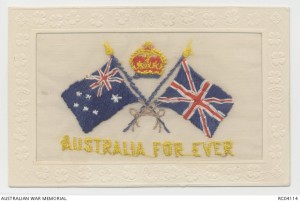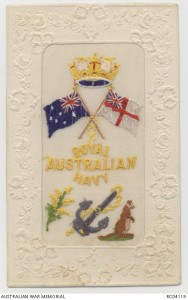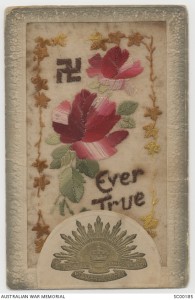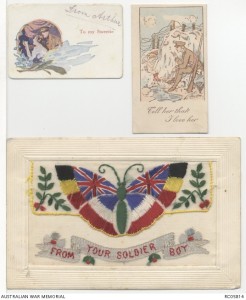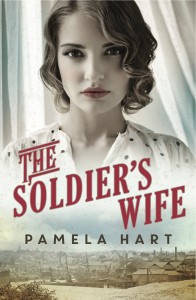As the date approaches for the publication of The Soldier’s Wife, I’ve been talking about it – sometimes officially, in interviews, and sometimes informally, with people that I meet (yes, including some shameless self-promotion).
What has struck me in these conversations or the comments I get online is how many families still have connections back to World War I, as this story shows.
Grandparents, great-grandparents of Anglo-Celtic Australians; yes, so much you might expect. The Anglo people talk about having had family at Gallipolli, the Somme, at Ypres… whether it’s Australian or British ancestors, most people from English-speaking background will have some family connection. This is even truer in England, where I visited recently, because the UK had conscription in WWI, while Australia did not.
But it’s not only the Anglo-Celtic people I speak to who have those connections. I’ve spoken to descendants of Turkish soldiers who perhaps shot at my grandfather in Gallipolli. I’ve spoken to people of Italian descent (Italy was on the Allied side in WWI) whose grandfathers fought on their own front, Egyptian-born Australians whose family supplied food to the Australian camps and hospitals, Greek-born Australians whose grandmothers washed linen at the hospital on Lemnos…
Some of the stories are funny. Some are heart-breaking. Quite often they start with ‘My family came out to Australia after the war…’ It was a big shaking up, that war. It showed ordinary people what the other side of the world looked like. Travel seemed less impossible to the poor than it had in the past. Horizons were bigger; foreigners less foreign. Returning soldiers talked, if they talked at all, of the places they’d been and the fun they’d had – because returning soldiers lied, or skipped over the truth, about the horror they’d seen, just as they had in their letters while the war was running.
And during the years they were away, their families had maps up on the wall in the kitchen or the parlour, with pins stuck into the places their loved one had been or might be. They followed the news about battles and retreats and advances, and plotted them on the family atlas.
Or they joined the Red Cross and knitted scarves and socks and mittens, and thought in detail about the climate of places they had barely known existed before the war, just so they could use the right weight of wool, and put extra thickness in the toe of the socks.
Before WWI, people had lived very insular lives, unless they were traders or sailors or diplomats. Afterwards, although they may have returned to their home towns, or welcomed their soldier boys back home, they had a different world view. In simple terms, they knew more about the world than they had. In complex terms, they had left parts of their hearts and minds ‘Over There’, and the more adventurous left home and family behind for more exploration and adventure. And many of those chose to come to a place which seemed as though it hadn’t been touched by war. Those with memories of freezing in the fields of France sought out the sunshine of the Antipodes, and the sense of freedom which came with it.
Our connections to WWI reach a very long way, and I suspect modern Australia would look very different if it hadn’t happened.
Follow Pamela on Twitter at @pamelahartbooks.

